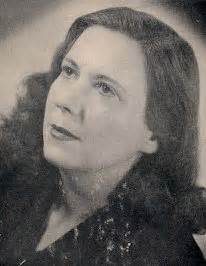A Quote by May Sarton
Read between the lines.Then meet me in the silence if you can.
Quote Topics
Related Quotes
Words stand between silence and silence: between the silence of things and the silence of our own being. Between the silence of the world and the silence of God. When we have really met and known the world in silence, words do not separate us from the world nor from other men, nor from God, nor from ourselves because we no longer trust entirely in language to contain reality.
I'm a spiritual person, I believe that if you read the bible, you get what you want from it. But, when you actually read it, you see the beauty, spirituality, the joy and love and what makes us godly. And then if you read between the lines of all the same books, you always see the human influence in the writing... it's not all about religiousness, it's about spirituality.
On the third Friday of each month, I go to the Andy Griffith Museum. I get to meet hundreds of fans who stand in long lines for hours to meet me. Some months I don't feel too good and I think maybe I won't go, but then when I go and get to be there with so many wonderful people it always lifts my spirits and makes me feel better. I wouldn't stand in line for hours to meet me, but I'm so glad my fans do.
I readily concede that a prime minister is not required to speak on every occasion or on every subject, but when there is a duty to speak, silence is unacceptable. Silence can be a strategy, silence can be a tactic, but silence can never be an answer to the ills of our polity and the fault lines of our society.
Say you have a headline like "Mountain Bike Stolen," and then you read the story, read another story about it the next day, and then the next week, and then the next year. News is a process of expansion, the filling in of detail, and making narrative connections - not based on chronology, but based on features of the story. There are narrative connections made between props, between characters, between situations, and so forth.







































